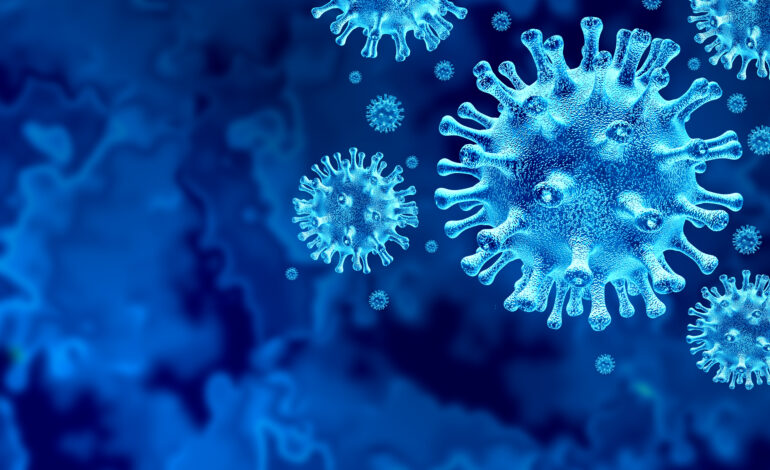Scientists Unveil Universal Antiviral Treatment for Future Pandemics

Scientists have made a significant breakthrough in antiviral treatment, potentially equipping society to better combat future pandemics. By isolating a rare immune mutation known as ISG15 immunodeficiency, researchers have developed a method to stimulate the production of proteins that offer immunity against various viruses. This mutation, present in only a few dozen individuals worldwide, typically makes people more susceptible to certain bacterial infections. However, it also appears to confer protection against known viruses.
The research team, led by Vagelos Bogunovic, believes that the mild inflammation experienced by those with ISG15 immunodeficiency plays a crucial role in their enhanced immune response. This inflammation triggers a set of protective proteins, and the scientists have identified the ten most beneficial proteins from the sixty produced by this mutation. Utilizing ten mRNA sequences within a lipid nanoparticle, they aim to replicate this immune advantage.
In an exciting development, Bogunovic states, “We have yet to find a virus that can break through the therapy’s defenses.” This promising statement raises hopes that the treatment could serve as a form of biological personal protective equipment (PPE) for frontline workers during a pandemic. The goal is to provide immediate protection against unknown viruses before targeted vaccines can be developed.
Animal Trials and Future Human Testing
Initial trials have involved administering this treatment to hamsters and mice via nasal drip. As researchers prepare for potential human trials, there is discussion about the feasibility of intranasal vaccines. This method could streamline the process of delivering the treatment to humans, making it more effective in real-world scenarios.
The implications of this research are vast. Should the treatment prove successful in human trials, it could change the landscape of public health responses to viral outbreaks. By offering immediate immunity to essential workers, society could maintain stability during health crises, minimizing the impact of future pandemics.
The development of this universal antiviral treatment emphasizes the importance of innovative scientific research in safeguarding public health. As the world continues to grapple with the challenges posed by emerging pathogens, advancements like these provide a glimmer of hope for more effective prevention strategies in the years to come.
For those interested in understanding the history of pandemics or exploring how technology, such as smartwatches, could aid in flattening the curve during health emergencies, further resources are available. The ongoing commitment to research and development underscores the necessity of staying ahead of potential threats in an ever-evolving landscape of infectious diseases.






